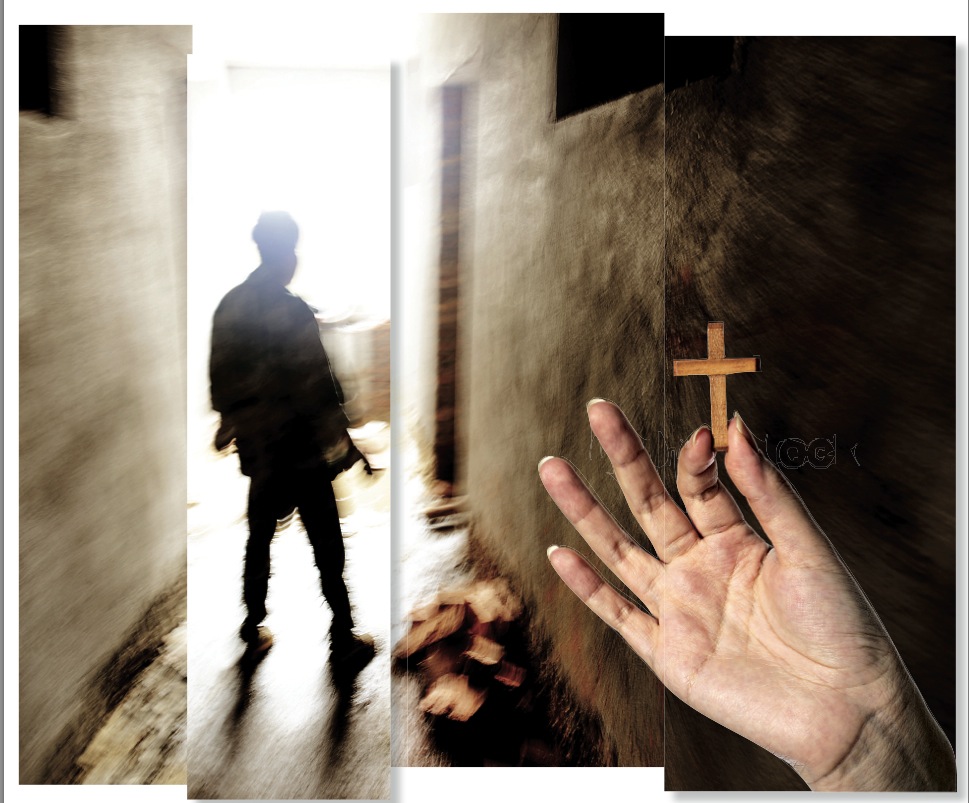For 30 years or so, Priscilla was addicted to drugs. They were an everyday part of her life, as routine as eating and getting dressed.
About six years ago, though, she had a "burning bush moment" and found God. She quit drugs on the spot, but she had no idea how to function without them.
"All I knew was that life," the 64-year-old says.
Then, last October, she heard about Recovery at Ringgold, a new program being hosted by Ringgold United Methodist Church in Catoosa County. The program is part of the Recovery at Cokesbury Network, which started in Knoxville almost 11 years ago.
Priscilla has been going since the weekly meetings first were offered and today is a group facilitator. The meetings average about 75 participants.
"It changes your life," she says. "I was an addict, and the Lord delivered that from me, but I didn't know how to live sober. You have to learn to live sober."
Eight other North Georgia churches of different denominations are part of the program.
"I think that is one of the big keys to the success," says Recovery at Ringgold co-coordinator John Friant. "[Addiction] is a big problem in our community, and even for people with good jobs and insurance, recovery is expensive, so being able to pull in multiple churches has been an astronomical help.
"The program does not belong to Ringgold UMC. We are just hosting it."
While recovery programs such as Alcoholics Anonymous or Narcotics Anonymous use the term "higher power" and encourage participants to choose his or her own concept of God, the Cokesbury program is unabashedly Christ- and biblically based.
Ringgold co-coordinator Charlotte Dawson notes that, while the program is based on Christian principles, the primary goal is not to convert anyone but to help participants get whatever they need to kick their addiction.
"At our meetings, you will get a lot of 'God talk' and you will have the opportunity to surrender your life to God," she says, "but nobody is going to try to save you. Most everybody who comes is not having a problem with God."
About two years ago, officials with Recovery at Cokesbury, which draws about 400 weekly participants in Knoxville, felt they needed to share their successful program with others. They put together a franchise-style package to help other communities start one up. A second was opened in Lebanon, Va., then another in Maryville, Tenn., last year. The one in Ringgold is the third, and five more are planned in the coming months, according to Jerry Smith, director of communications for the Cokesbury Network.
"It's always called Recovery at whatever the town or community is, not the name of a church. We talk about the churches being hosting churches or institutions," Smith says. "It takes about 22 weeks from phone call to first meeting. It would take two or three years if an individual church wanted to start their own from scratch."
By becoming part of the network, startup programs are offered a plan that includes marketing tools such as TV and radio ads, training and weekly video messages that can be streamed and shown as part of the gatherings.
Dawson says it cost about $30,000 to get the program up and running, with more than half of that going toward marketing to let people know it was being offered. All the staffing, except for on-site child care, is done by volunteers. The kitchen staff, counselors and coordinators work for free. Only two people in Cokesbury are on a salary.
"I am 100 percent volunteer," says Smith, adding that the volunteer component is one reason having other churches involved is so important.
"You need one church that will be the primary, but having the other churches helps financially and also by providing volunteers and participants," he says. "It would be hard to do this as a smaller church."
Dawson says all the participating churches in the Ringgold program have embraced the plan.
"It has been a smooth setup," she says.
At the program, participants range from those whose families think they have a problem but the individual doesn't, to people grieving the loss of a loved one, to people like Priscilla who are learning to live sober.
"Choosing to go was the best decision I've ever made," she says.
Contact Barry Courter at bcourter@timesfreepress.com or 423-757-6354.

